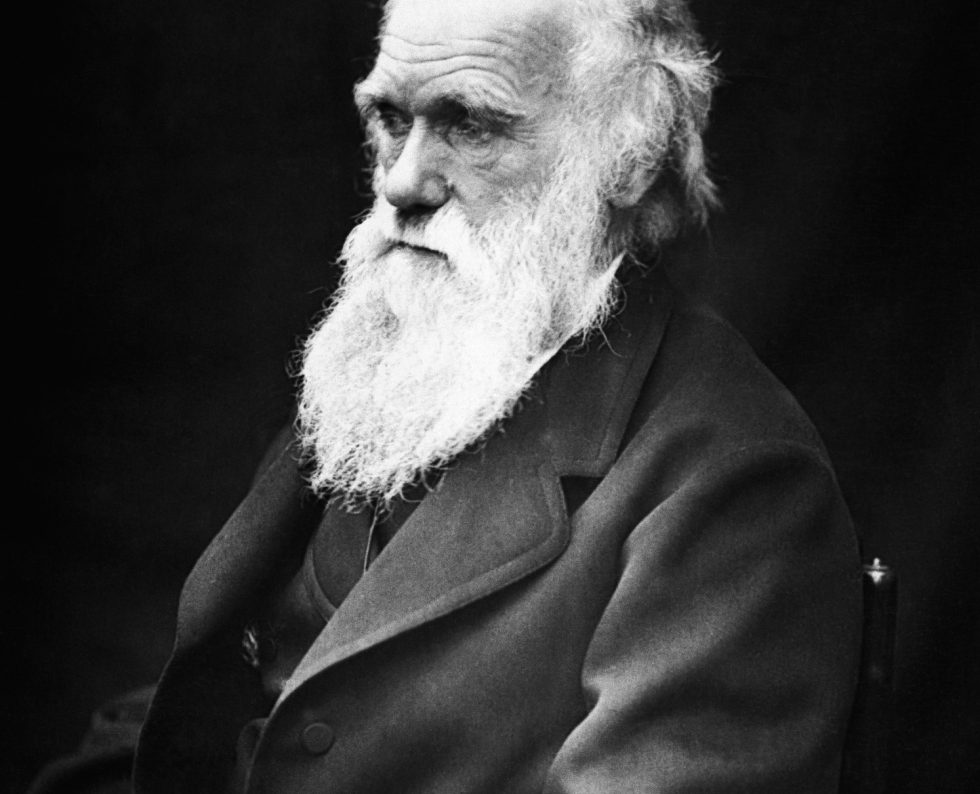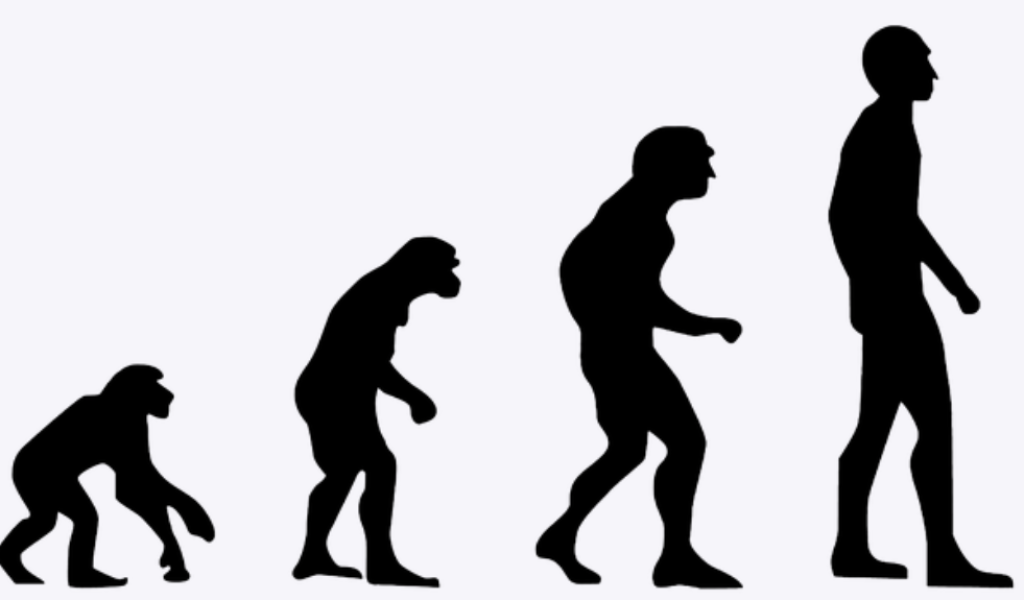Trivia: Who is Charles Darwin?
Answer: He’s considered to be the father of the Evolution Theory.


Charles Robert Darwin (12 February 1809 – 19 April 1882) was an English naturalist, geologist, and biologist who is best known for his contributions to evolutionary theory. In a joint publication with Alfred Russel Wallace, he established that all species of life have descended over time from common ancestors.
He introduced his scientific theory that this branching pattern of evolution resulted from a process that he called ‘natural selection’, through which favorable heritable traits become more common in successive generations of a population while unfavorable ones are selected out.
His first published book described his scientific evidence that evolution, by common descent, had occurred. Though Darwin was opposed to slavery, he accepted the conventional wisdom that different races were separate species; the book clarifies that some populations are more evolved than others.
He traveled around the world on the research vessel HMS Beagle. During this five-year voyage, Darwin developed his interest in the transmutation of species.
The Evolution of Species by Means of Natural Selection, or the Preservation of Favoured Races in the Struggle for Life, is a work of scientific literature by Charles Darwin which was first published in 1859. The most famous of his works on evolutionary theory contains the evidence and arguments that he had developed through much of his earlier career as a naturalist, obtained during research and study in the various places he had visited and made famous.
The book was written for non-specialist readers and attracted widespread interest upon its publication. As Darwin was an eminent scientist, his findings were taken seriously, and the evidence he presented generated scientific, philosophical, and religious discussion. The debate continues today; considered a seminal work of 19th-century science, the book contributed to the gradual rise of Darwinism in the public mind.
Darwin’s work inspired two major revolutions in thinking. The first is biological evolution, which explains how life changes–it was not created at one time but over millions of years through the deaths and mutations of countless organisms. This meant that no supernatural agency was required to create new species or drive their changes.
The second revolution in Darwin’s theory of evolution by natural selection represents that nothing in biology makes sense except in the light of evolution. This places the process and study of life on equal footing with physics and chemistry, where all sciences seek universal laws governing phenomena. It means that the fields of biology and paleontology make sense, but so do other disciplines.


